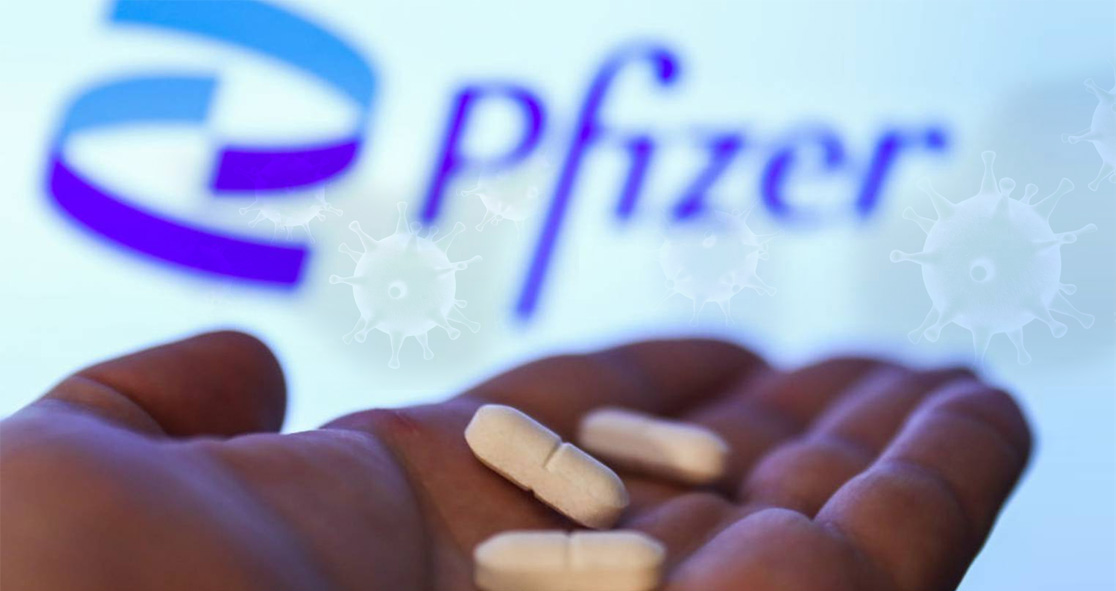Treating COVID-19 infection and avoiding potential hospital trips could soon be as simple as taking a pill, according to CBS News.
On Tuesday, Pfizer CEO Albert Bourla told CNBC that the company is working to launch an experimental drug to treat COVID at its onset by the end of this year.
Last month, Pfizer announced the initiation of Phase 1 clinical trial of its new antiviral drug for the coronavirus.
In March, Dr. Mikael Dolsten, Pfizer’s Chief Scientific Officer, said the new therapy could potentially be prescribed “at the first sign of infection, without requiring that patients are hospitalized or in critical care.”
The drug, which is a part of a group of medicines called protease inhibitors, stops the production of enzymes needed for the coronavirus to multiply in the cells. Protease inhibitors are prescribed for the treatment of HIV and Hepatitis C, which are also viral infections.
On Wednesday, CBS News tweeted, “Pfizer announced an experimental at-home pill which will treat COVID-19 at first signs of illness – and it could be available by the end of the year. Dr. Neeta Ogden tells CBSN it could be a “game-changer,” along with a video.
Bourla said, “Should clinical trials prove successful and the Food and Drug Administration approves the drug, it could be available across the nation later in 2021.”
Dr. Ogden told CBS News, “I think that with this drug we really have to look at it as a game-changer. We haven’t seen medication even discussed on the horizon that one can take early on or prophylactically if you’ve been exposed, kind of like what we have for the flu.”
“The virus continues to mutate,” she added, “and it will continue to be present in some form, and we need to have these kinds of remedies that we can take at the first sign of symptoms that will prevent spread, that will prevent severity, that will prevent hospitalizations.”
Meanwhile, Pfizer, which developed the first FDA-approved COVID-19 vaccine in the U.S. in association with BioNTech, is testing the vaccine in children between the ages 6 months and 11 years.
Studies have found that Pfizer’s vaccine is effective for adolescents between 12 and 15 years. Those who are 16 and above are eligible to receive the vaccine.
However, some people are still skeptical about receiving the second dose of the Pfizer or Moderna vaccine.
Bourla was asked about the vaccine hesitancy. He replied he would tell people that “your decision is not going to influence only your health — your decision to get vaccinated is going to influence the health of others and likely the health of the people that you like and you love the most because they’re the people that you interact with.” The story was first published on CBS News.























